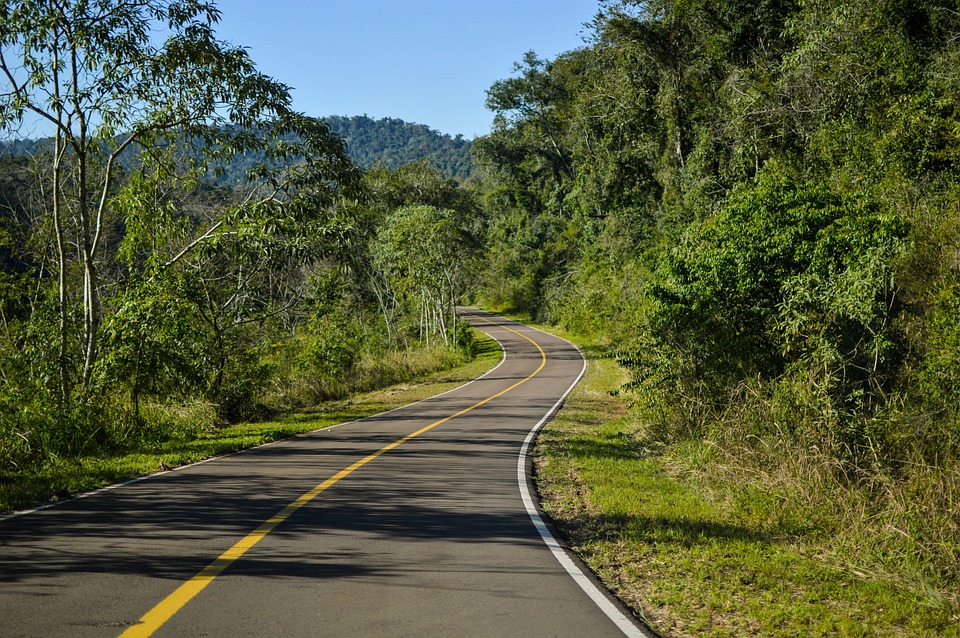Backpacking is a thrilling way to explore the great outdoors, but it’s important to prioritize safety while embarking on your adventure. Whether you’re a seasoned backpacker or a novice trekker, taking the necessary precautions to stay prepared and protected on the trail is essential. Here are some tips to help ensure a safe and enjoyable backpacking experience:
1. Plan ahead: Before hitting the trail, make sure to research the area you’ll be backpacking in. Familiarize yourself with the terrain, weather conditions, and any potential hazards you may encounter. Create a detailed itinerary that includes your route, estimated travel time, and emergency contacts.
2. Pack the essentials: When it comes to backpacking safety, preparation is key. Make sure to pack all the necessary gear and supplies, including a first aid kit, navigation tools, proper clothing and footwear, food and water, emergency shelter, and a communication device such as a cell phone or satellite communicator.
3. Stay hydrated and fueled: Dehydration and malnutrition can pose serious risks while backpacking. Make sure to drink plenty of water throughout your hike and eat nutritious snacks to keep your energy levels up. It’s also important to listen to your body and take breaks when needed.
4. Follow Leave No Trace principles: Leave No Trace is a set of outdoor ethics that promotes responsible hiking practices. Make sure to dispose of trash properly, stay on designated trails, and respect wildlife and other hikers. Leave the wilderness as you found it to preserve its natural beauty for future generations.
5. Be aware of wildlife: While encountering wildlife can be a thrilling part of backpacking, it’s important to approach animals with caution and respect. Make noise while hiking to avoid surprising animals, store food and scented items properly to prevent attracting wildlife, and never feed or approach wild animals.
6. Stay weather-aware: Weather conditions can change rapidly while backpacking, so it’s important to stay informed and prepared. Check the forecast before heading out on the trail and pack appropriate gear such as rain gear, extra layers, and a waterproof tent.
7. Practice fire safety: If you plan on camping and cooking with a campfire, make sure to follow proper fire safety guidelines. Only build fires in designated fire pits, never leave a fire unattended, and fully extinguish it before leaving your campsite.
8. Trust your instincts: Finally, trust your instincts while out on the trail. If something doesn’t feel right or you sense danger, don’t hesitate to turn back or seek help. It’s better to err on the side of caution when it comes to backpacking safety.
By following these tips and staying prepared and protected on the trail, you can enjoy a safe and memorable backpacking experience. Remember that safety should always be your top priority while exploring the great outdoors. Happy hiking!


